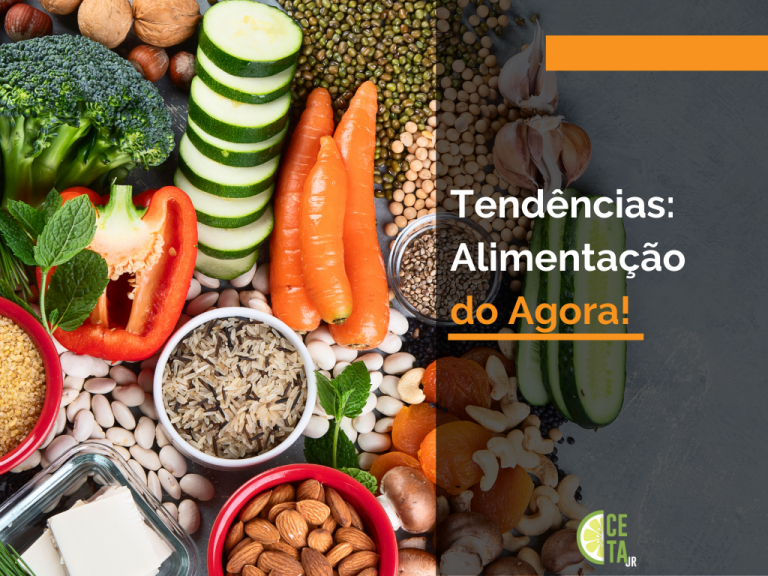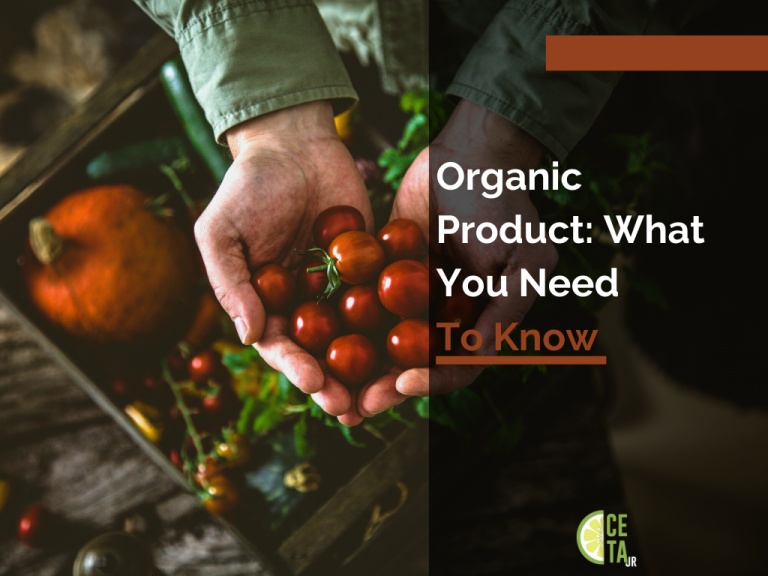
Tendências: Alimentação do agora!
Com o término do ano de 2020, muitas dúvidas e incertezas começaram a aparecer. Contudo, o ramo de alimentos se desenvolve gradativamente e nos oferece uma amostra do que está por vir. Já parou para se perguntar quais são as tendências no ramo de alimentos em 2021? Descubra agora e fique por dentro do seu futuro. Além das inúmeras mudanças ocorridas no planeta, ainda tivemos que lidar com o COVID-19 que assolou diversas nações. Como consequência dos divergentes desdobramentos dessa história, a rotina alimentar de muitos brasileiros foi afetada. Com isso a população busca cada vez mais por alimentos saudáveis e práticos, mas não para só por aí! Conheça algumas tendências do ramo de alimentos: Transparência Plant based Nutrição personalizada Impacto no humor Pensando em uma melhor forma de entendimento, aprenda um pouco mais sobre cada um dos tópicos citados: Transparência: Em um quadro cada vez mais ecológico, a população demonstra ter um grande apreço ao meio ambiente e a saúde. Ademais, muitas dessas pessoas lutam pela transparência nas indústrias de alimentos. A propósito, elas são responsáveis por informar aos consumidores sobre os processos de fabricação de seus produtos. Na busca por um mundo mais consciente, é preferível alimentos com uma pegada mais ambiental. Ao passo que seja por meio de embalagens recicláveis ou cuidados com os animais e a natureza. Plant based: Em conjunto com o tópico anterior, a procura por alimentos feitos de plantas cresce exponencialmente. Decerto, isso reflete diretamente na crescente massa da população que investe na vida vegana ou vegetariana. É notório o impacto de tudo isso na cadeia de consumo, que envolve o apelo da população pela natureza e seus integrantes. Além de ser uma tendência, alia-se aos bons hábitos de alimentação! Nutrição personalizada: Nada mais é que uma forma de vida focada na suplementação, dado que o indivíduo molda sua alimentação para suprir uma necessidade pessoal. Em outras palavras essa dieta gira em torno das variações genéticas de cada pessoa. Sendo seus estudos focados em 3 vertentes: nutrigenética, nutrigenômica e epigenética. Por meio deles é feito uma busca mais profunda sobre as variâncias genéticas, o que auxilia na hora de fazer escolhas mais personalizadas. Desse modo, a nutrição personalizada é focada em dietas elaboradas para cada tipo de gene, tornando-a única para cada indivíduo. Impacto no humor: Não é de hoje que a alimentação impacta no estado de espírito do ser humano, muitas vezes ao ficar com fome uma pessoa acaba por tornar-se irritadiça. Contudo, a problemática anterior é um dos fatores que influenciam as emoções. Logo, alimentos com pouca energia, alto nível de açúcar e gordurosos afetam não somente o humor, mas também a saúde. Outrossim, devido ao crescente consumo de plantas na alimentação, foram descobertos os Adaptógenos, mas ao que se refere esse termo? Ele faz alusão às plantas atóxicas utilizadas para ajudar o corpo a resistir a todos os tipos de estresse, sejam físicos, químicos ou biológicos. Com isso, é notória a diversidade dos alimentos e o impacto deles nas emoções. Essas foram algumas das tendências para 2021! Gostou do assunto abordado? Caso tenha alguma dúvida entre em contato com um de nossos analistas da CETA Jr. Talvez você goste de ler sobre: Novas Tendências para 2030: Alta Tecnologia Aliada a Produção de Alimentos Novas Tendências para 2030: Dietas Inteligentes Nvas Tendências para 2030: Mudanças


